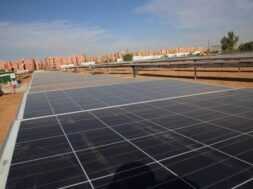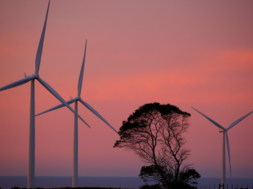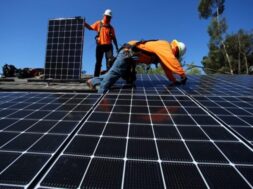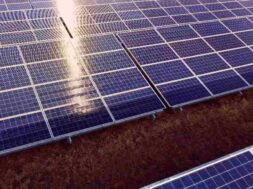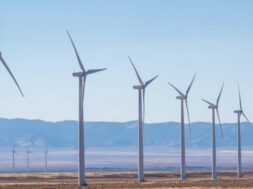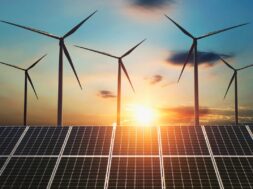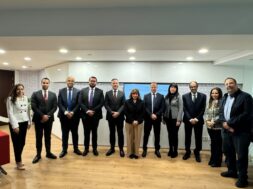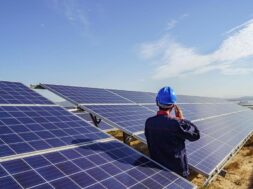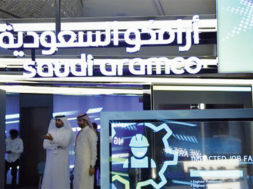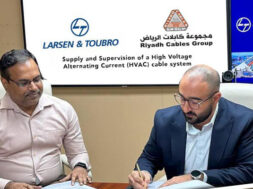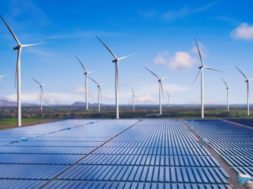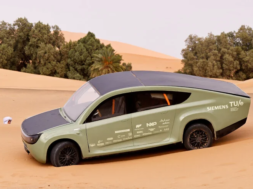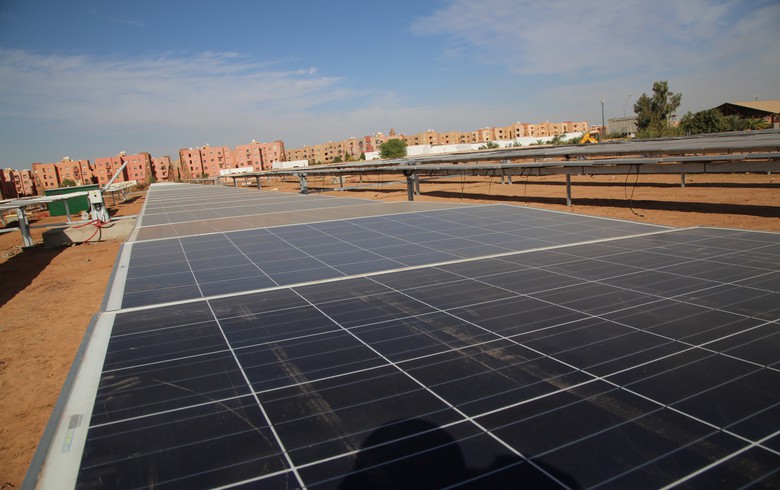
The heaters are designed and developed by a team of Moroccan researchers and experts.
Rabat – Gi3, a Moroccan company, launched on Monday the construction operations to build the country’s first plant specializing in the production of solar-powered heaters that are 100% Made-in-Morocco. The factory is located in an industrial park in Ain Johra in Tiflet, a town in Northwest Morocco.
The factory belongs to the “Mysol Ces” brand. The heaters are designed and developed by a team consisting of Moroccan researchers and experts.
The first phase of construction has an estimated budget of MAD 60 million ($5.9 million) with work to span over four months, generating 880 direct and create jobs in the process.
Commenting on the news of commencing construction work for the plant, Morocco’s Industry and Trade Minister, Ryad Mezzour, said that the factory is set to have an initial annual production capacity of 40,000 units.
The factory would contribute to Morocco’s efforts to ensure equitable socio-economic development by generating jobs and strengthening the Made-in-Morocco label, Mezzour said.
The minister further added that the project will pave the way for the emergence of competitive green industries. In the same statement, he called on companies to explore opportunities in the green economy.
On his part, Gi3’s Executive Chairman, Badr Ikken, explained that the Mysol plant will increase initial production from 40,000 units to 90,000 units. The solar-powered heater would be directed to cover demand in the national market and export to the Middle East, Europe, and sub-Saharan Africa.
According to Ikken, solar-powered water heaters would decarbonize the sanitation water sector, saving half a million gas cylinders, and reducing the national carbon footprint. The plant would further lower Morocco’s dependence on fossil fuel imports.
Also speaking at the construction launching ceremony, the Director General of the Moroccan Agency for Energy Efficiency, Said Mouline, highlighted the triple positive impact of the plant.
Mouline shed light on the positive economic impact of the plant, saying that it would reduce the monetary value of Morocco’s energy bill. The plant would also have a positive social impact by creating jobs in the region in addition to its positive environmental impact, as it plans to lower the country’s carbon footprint.
